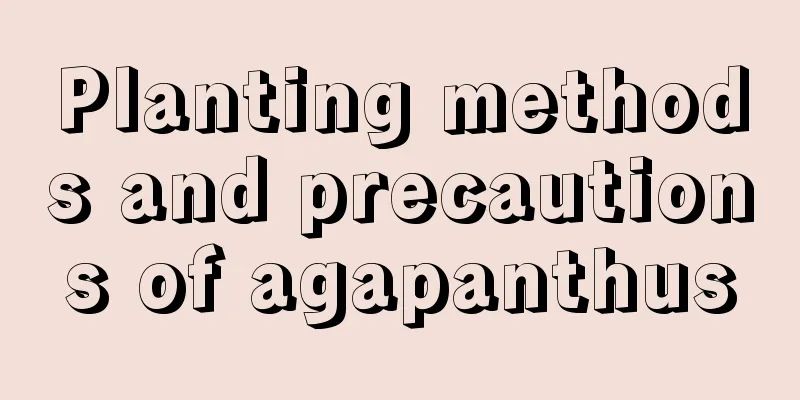Cultivation methods and precautions for banyan bonsai

PlacementMany flower lovers do not know much about the cultivation of banyan trees. Unlike many flowers and plants, banyan trees like warm, sunny, humid and ventilated environments, so the maintenance location must meet these requirements, otherwise it will easily lead to the death of the banyan tree. Some flower lovers place the banyan tree on a sunny but airtight balcony or indoors, causing the tree to lose a large number of leaves and eventually become a bare trunk. Watering methodIf a potted banyan tree is not watered for a long time, the plant will wilt due to lack of water. Therefore, it is necessary to observe the growth of the plant in time and water it in time according to the soil. When watering, keep watering until water flows out of the drainage holes at the bottom of the pot. After watering once, wait until the surface of the soil turns white before watering again. When the humidity of the environment is low, you can put a small trough under the flower pot and fill it with some water to help increase the humidity. Water should be sprayed frequently at ordinary times, especially in hot and rainy seasons. Fertilization methodBecause the soil of the potted banyan tree is limited, the nutrients needed to meet the growth of the banyan tree are also limited. Only by replenishing nutrients in time can the banyan tree grow vigorously. In summer and autumn, apply decomposed fertilizer water once a month, and apply less or no fertilizer in winter. In short, everything depends on the growth conditions of the plants. Pruning methodsBanyan trees are very resistant to pruning and grow quickly, so they can be reshaped in early spring. Appropriate pruning of branches can enhance ventilation and light transmission and reduce the occurrence of diseases and pests. Reshape it according to your own preferences to improve the viewing experience. PrecautionsBanyan tree pruning is usually done during the dormant period. When pruning during the growing season, white sticky juice will flow out, which is very detrimental to the growth of the plant. During early pruning, be sure to sharpen the knife to avoid excessive wounds. For any potted plant, the nutrients in the potting soil will be exhausted one day, so the pot should be repotted every two years, adding a small amount of base fertilizer when repotting. The best time to repot is early spring or late autumn. |
<<: Cultivation methods and precautions of creeping grass
>>: The difference between creeping vine and sedum
Recommend
Four tips for caring for American dianthus
1. Soil If you want to grow it well, you must fir...
Why do the leaves of gardenia turn yellow?
1. Excessive watering When caring for it, althoug...
How to propagate hibiscus by cuttings (with illustrations)
1. Cutting time The best time to take hibiscus cu...
How to care for calla lily
Growing conditions of calla lily When cultivating...
How to propagate chrysanthemums by cuttings, and when is the best time for cuttings to survive?
1. How to take cuttings 1. Prepare the substrate:...
How to rejuvenate Cymbidium orchids and toothpick seedlings
1. Deep planting If you want the Cymbidium to rec...
What are the advantages and disadvantages of soaking tobacco in water for watering flowers? What flowers are suitable for watering?
Benefits of soaking tobacco in water to water flo...
What should I do if there are black spots on hydrangea leaves?
Hydrangea , also known as hydrangea, is a popular...
How to propagate hawthorn, how many years does hawthorn bear fruit
1. Breeding Methods 1. Seeding propagation: The t...
How to care for potted orange trees in winter
Are potted orange trees afraid of frost? Orange t...
Key points for rose maintenance
1. Lighting requirements Roses like to grow in pl...
Cultivation method of Cyperus rotundus
Soil culture method Suitable soil The best soil i...
How to grow Christmas cactus and how to cultivate it
How to grow Christmas cactus Christmas cactus is ...
Do bananas reproduce by seeds? (How do bananas reproduce?)
Banana is one of the most popular fruits, grown i...
What flowers are suitable for growing in Wuwei? What are the city flowers and trees?
1. Climate characteristics of Wuwei Wuwei has a t...









